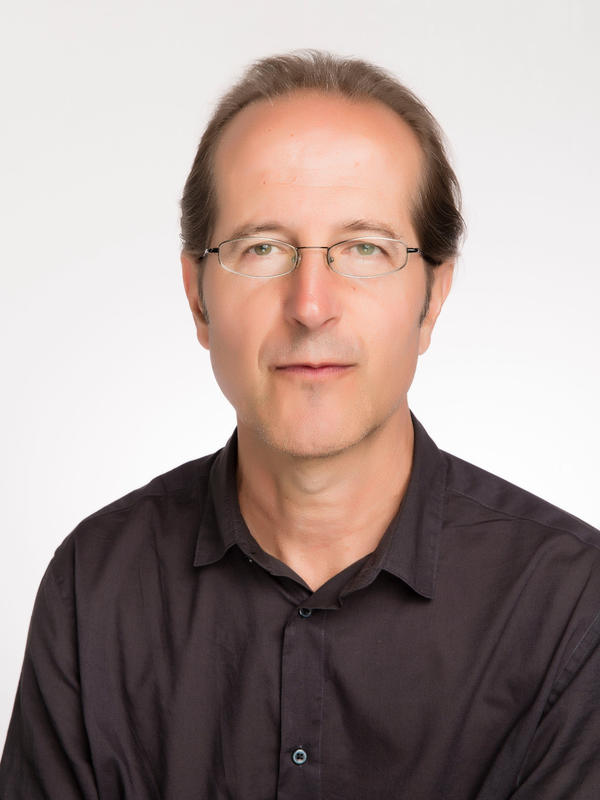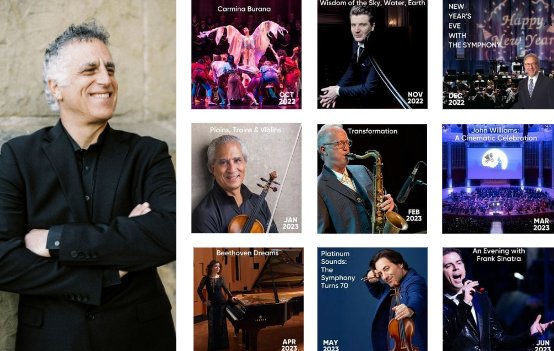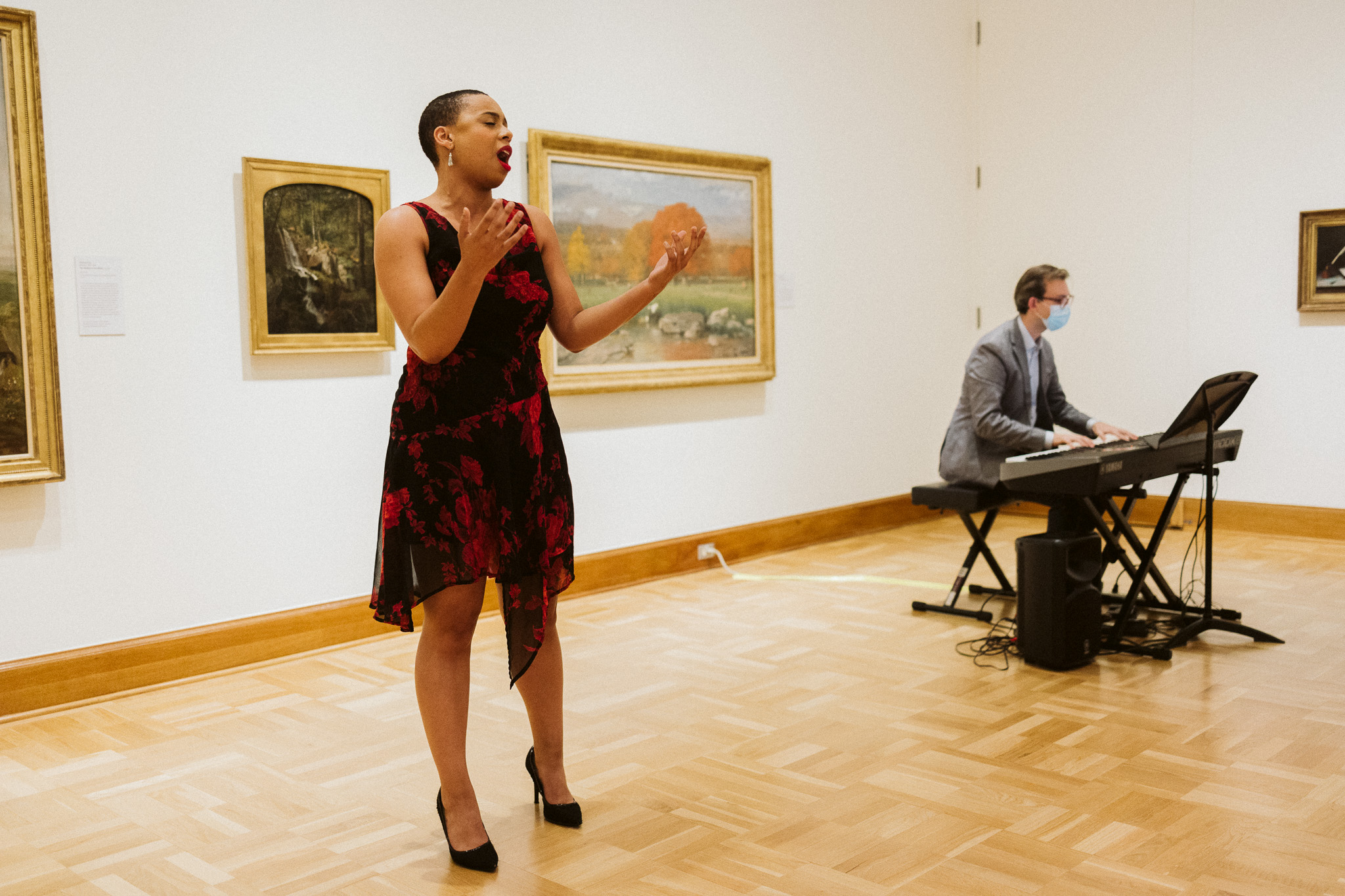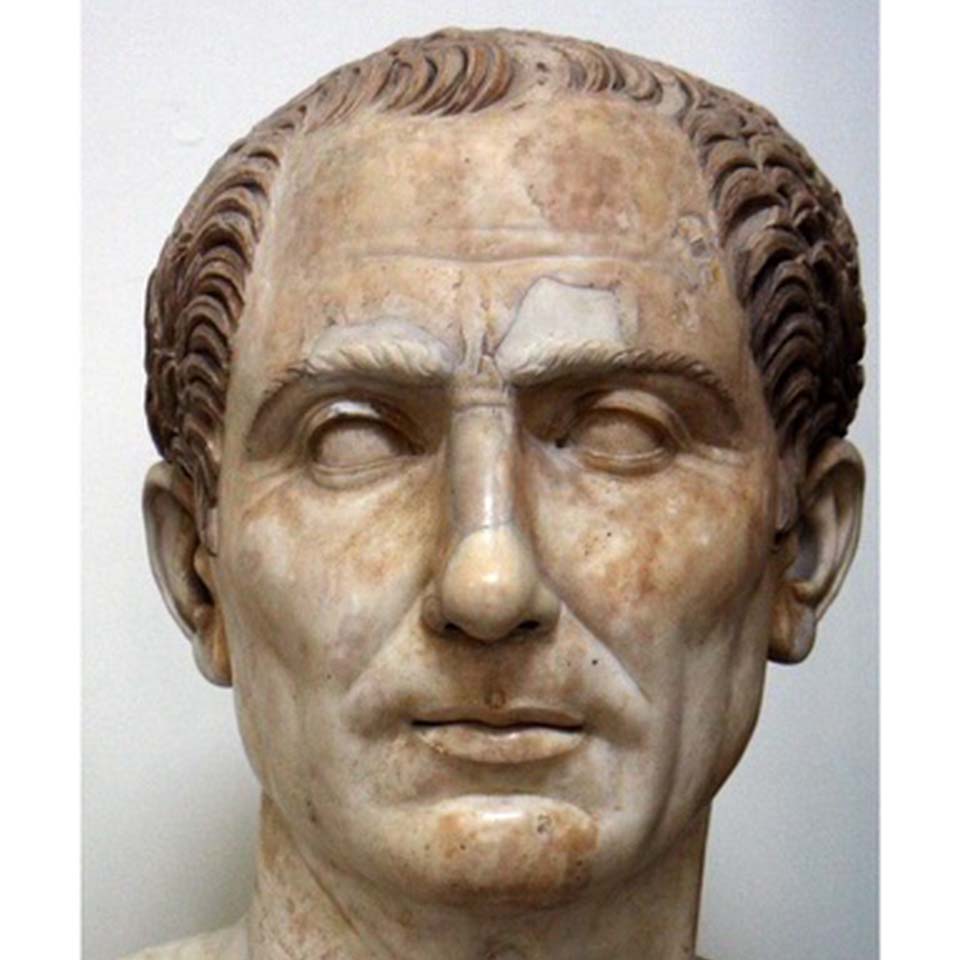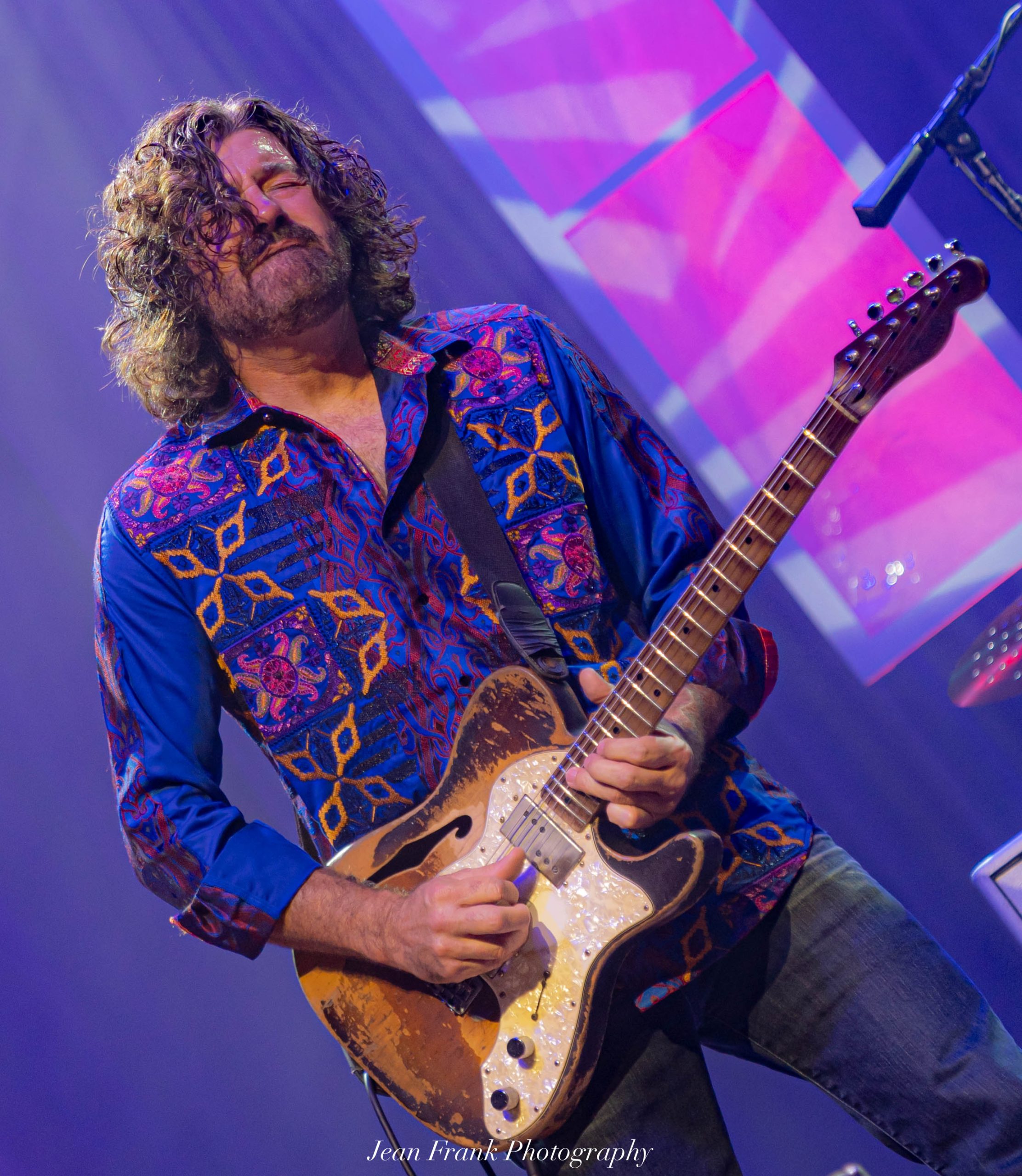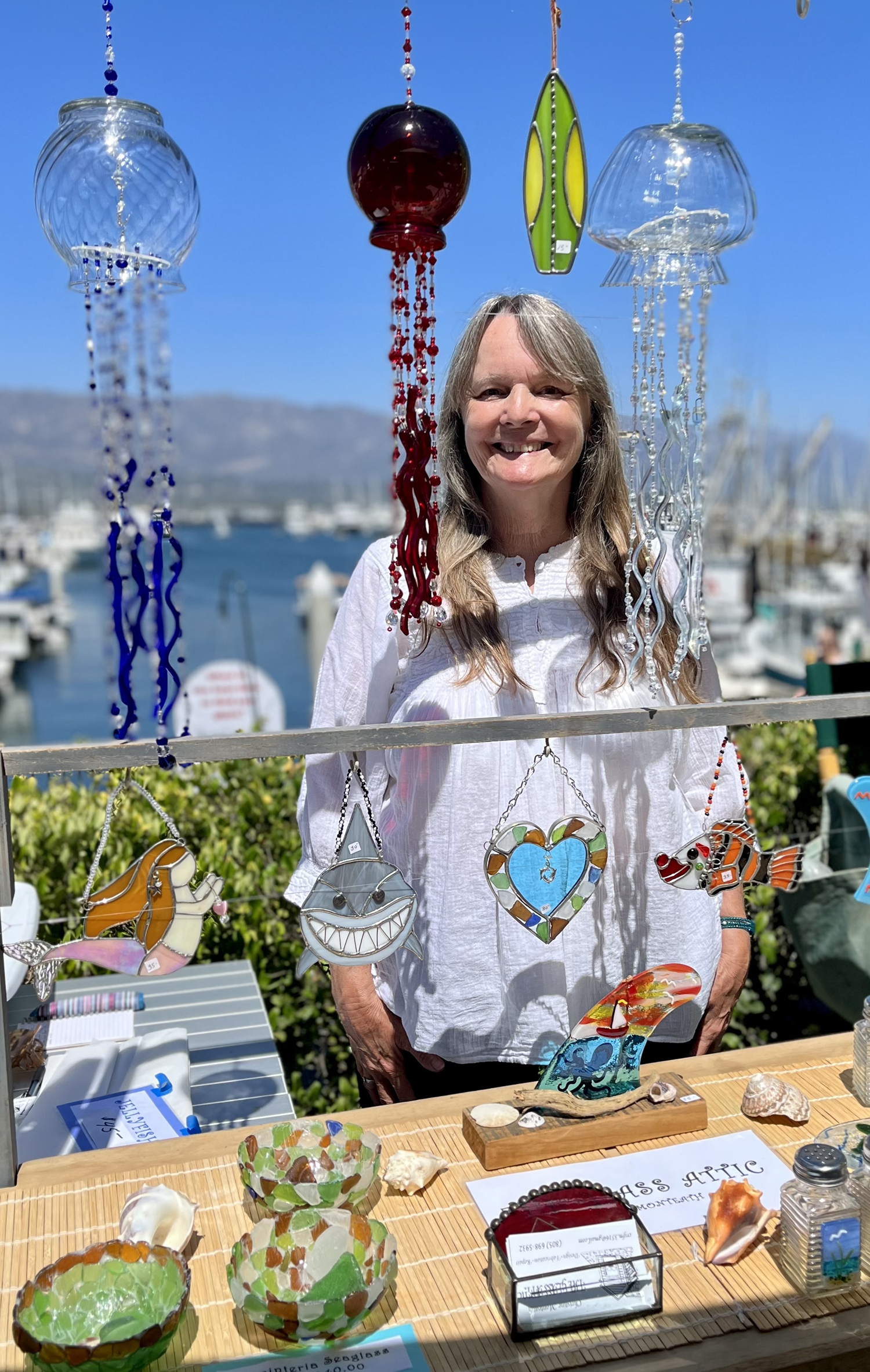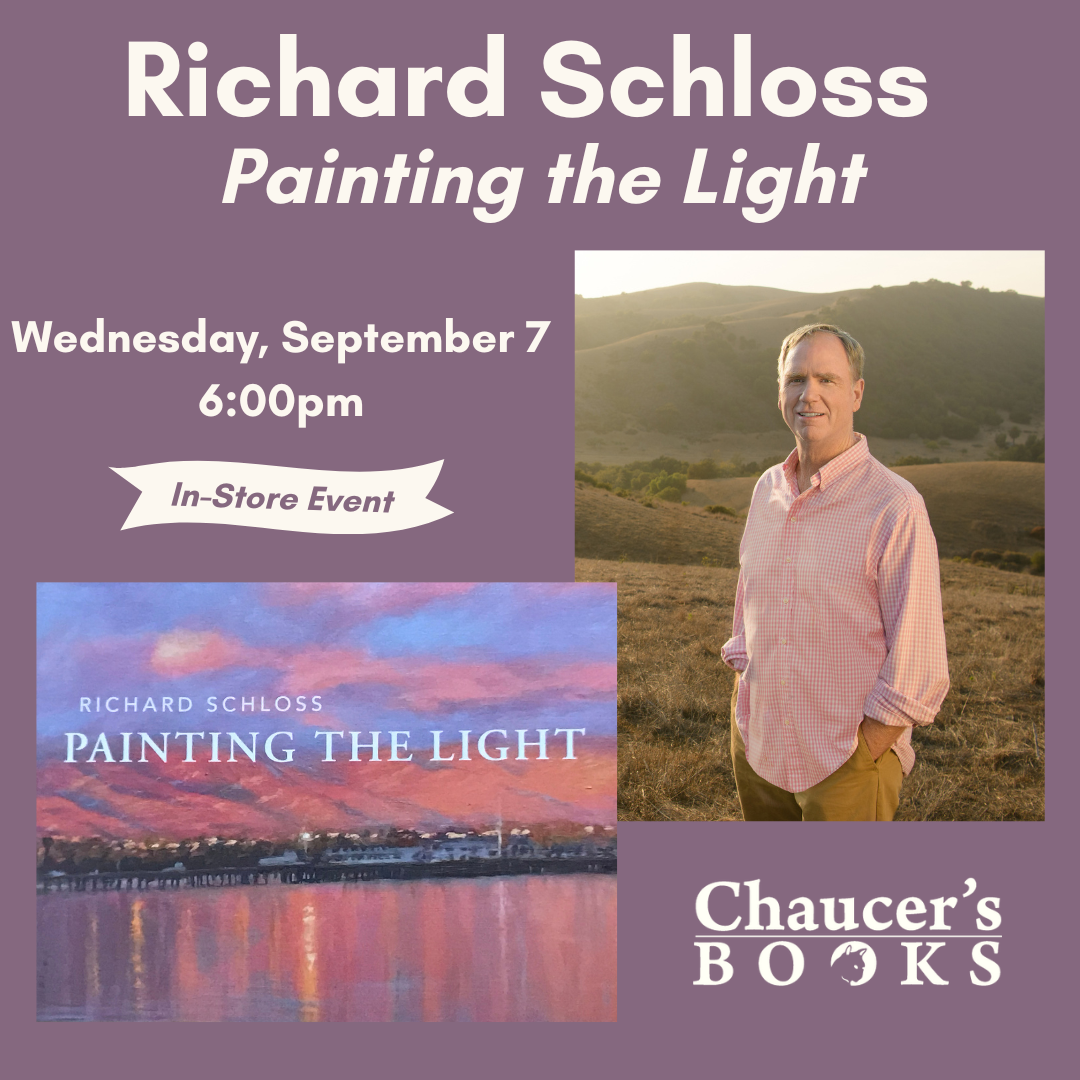Activating the Spectator by Reshaping the Aesthetic Field
Art historian Alexander Alberro explores the development of a research-based artistic practice that fused abstract art with mathematics, science, and technology in the late 1950s and early 1960s. The stated goal of the artists involved was to demystify the creative process in favor of an objective investigation of visual phenomena. Alberro will address how and why these experiments evolved into a greater concern with the participation of art spectators.
Alexander Alberro is a professor of art history at Barnard College of Columbia University in New York City. His writings have been published in a broad range of journals and exhibition catalogues, and he is the author of "Conceptual Art and the Politics of Publicity" (MIT, 2004) and "Abstraction in Reverse: The Reconfigured Spectator in Mid-twentieth Century Latin American Art" (Chicago, 2017). He has been the recipient of numerous awards, including fellowships from the Howard Foundation, the National Endowment for the Humanities, and the Whitney Museum of American Art. Currently, Professor Alberro is completing a book-length study of the newly-formed transnational web of individuals and institutions that has in the past three decades fundamentally changed the nature of contemporary art, exploring not only what has led to this complex transformation but also the impact it has had on the current conditions of artistic practice.
Free Members and Students
$5 Non-Members



